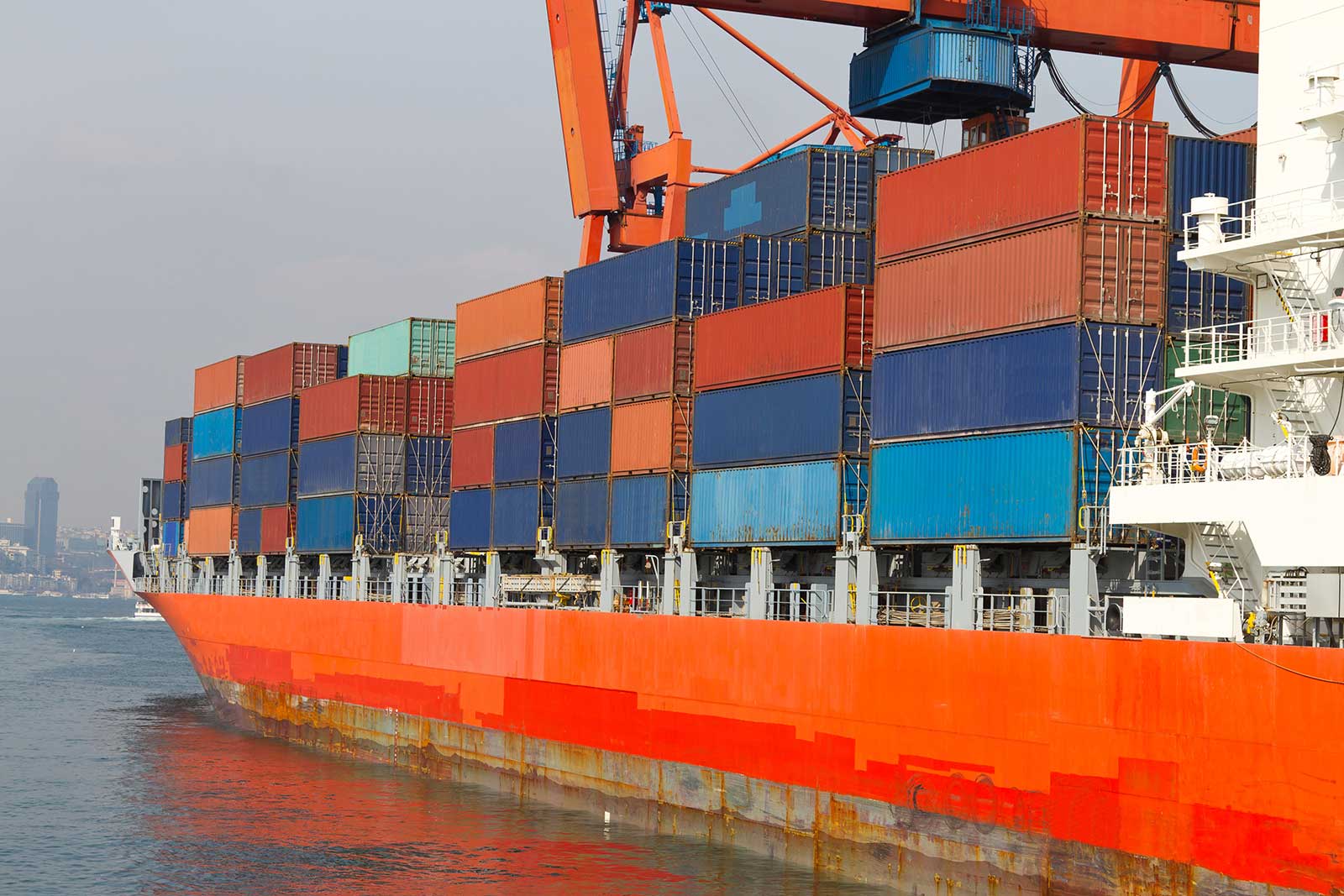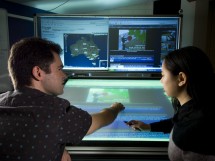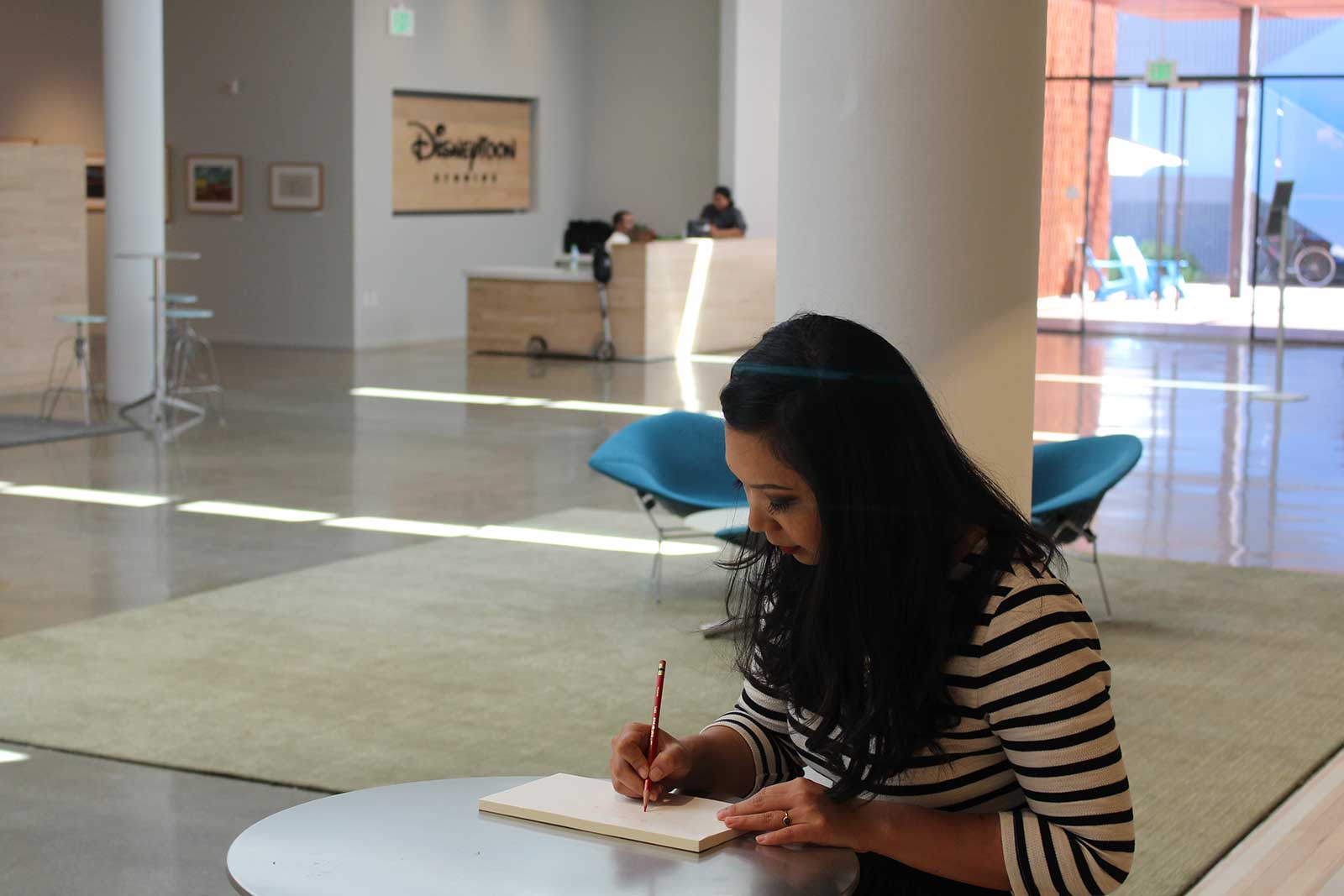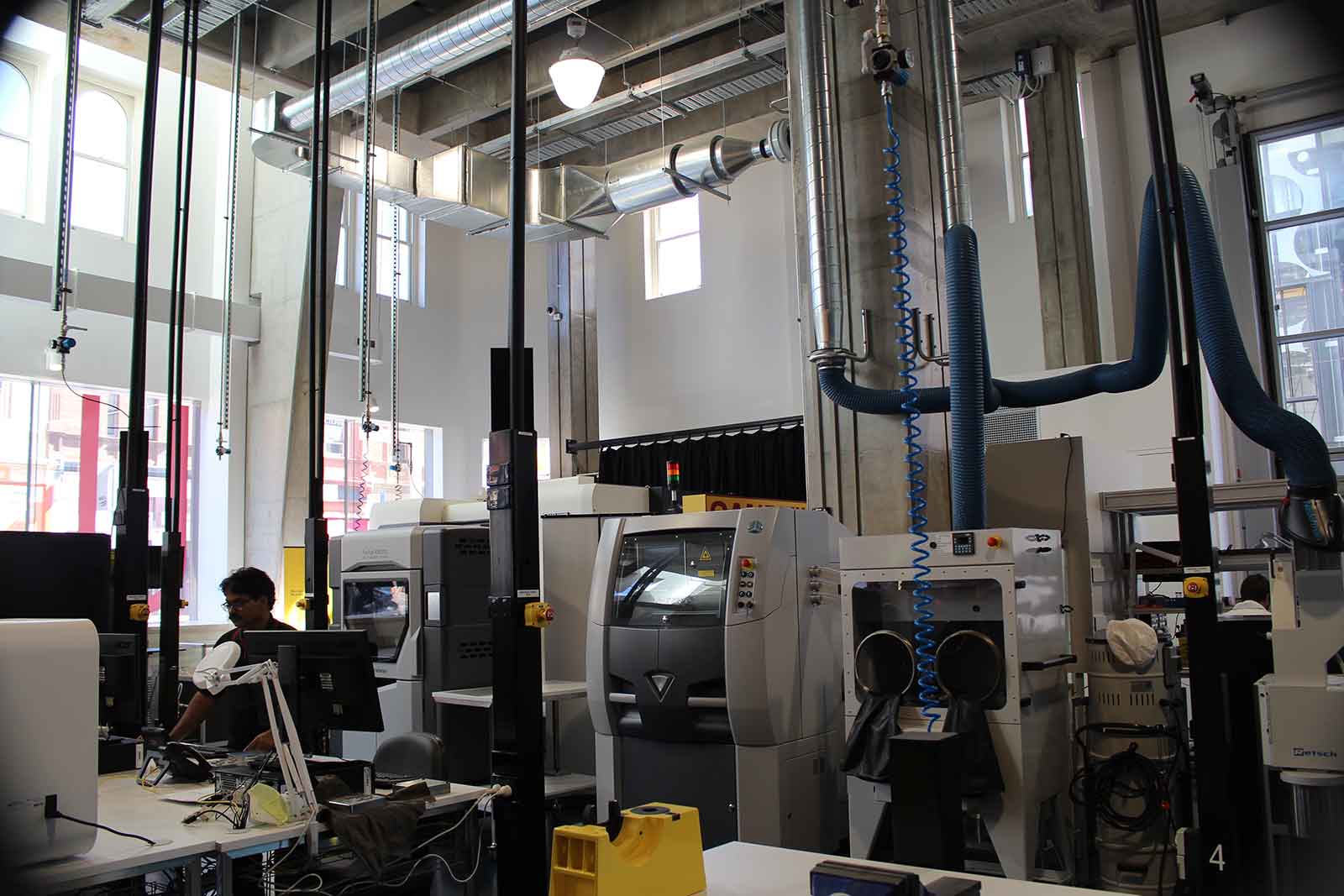(This article appears on Kompas KLASS, Wednesday, March 16, 2016. This is the first part. To read the next part, please read here)
Chairman of the Indonesian Logistics Association, Zaldy Ilham Masita, believes that 60 percent of the ASEAN economies are in Indonesia. Naturally our country should have become the center for ASEAN economy and logistics.
About 90 percent of the world goods are transported through the sea. According to R. Gopal, Global Vice President of Transportation and Logistics at Frost & Sullivan, Indonesia’s key to success in facing ASEAN Free Trade Agreement (AFTA) lies in the management of trade and logistics. Competent human resources are absolutely necessary.
Aside from providing training to professionals who already work in the industry, we need a lot more workers who are trained in this field. In fact looking at Jurusanku survey, out of 11,000 high school students, only 2 were interested in the field of logistics.
There are very few local universities that offer this program of study. Supply chain management is generally a part of the Industrial Engineering Department. The only logistics majors available right now for the undergraduates are Sea Transport and Logistics at the Institut Teknologi 10 November (Surabaya) and the Institute of Logistics Management (Stimlog) which was newly established in Bandung by PT Pos Indonesia in 2013. As a result, many practitioners and professionals are not graduates of logistics majors.
Logistics is generally closely related to supply chain management (SCM). Simply put, SCM covers all activities for procurement, price negotiation, production, storage, packing, inventory control, transportation, and customer service.
Meanwhile, logistics is more focused on the transfer of goods or persons in the right condition, amount, and time, efficiently. It is also related to storage, communications during delivery, loading and unloading, as well as arrangements with transport companies, such as shipping and airlines, etc.
Many overseas universities have already offered study programs in Logistics and Supply Chain Management. Some are registered under the faculty of business, others in the engineering faculty, depending on the focus of study.
Country of Destination
Of the 10 busiest ports in the world, 7 are located in China. If you wish to learn logistics, China is worth a choice. More than 60 universities in China offer courses in the Logistics Management and Logistics Engineering, for example Dalian Maritime University, Qingdao Technological University, Shanghai Maritime University, and the Ocean University of China.
Shanghai Maritime University focuses on Logistics Engineering. Its graduates are expected to be able to plan, design and update logistics management system, as well as get familiar with modern technology and equipment available in the industry. Not only learning the technical aspect, students are also expected to be able to manage and operate logistics and maritime companies.
If we take a look at the list of logistics and SCM practitioners in LinkedIn, the largest number graduated from Penn State University and Michigan State University in the US. Graduates of RMIT University, Australia, come seventh in the world and first in Australia.
At RMIT, logistics major has been offered for more than 40 years. In addition to its campus center in Melbourne, this field of study has been offered in some other countries, such as Singapore Institute of Management (Singapore), Shanghai University of International Business and Economics (China), and RMIT Vietnam.
According to Dr. Ferry Jie, a logistics expert at RMIT, basically all sectors in logistics have the same principle, which is looking for efficiency with each sector having a specific context. The lecturer who has been teaching in Melbourne for years adds that the various cases studied are not only about industries in Australia but also in Southeast Asia, including Indonesia.
To provide hands-on experience, there is a student exchange program for one semester or one year and practical work in certain countries of destination. Students are expected to gain global experience. It’s a smart move for the young generation to gain cross – cultural understanding, one of the determining skills in the 21st century.
Beware of specializations
Not all Logistics majors teach the exact same thing. Some focus on the logistical problem at the operational level while others are more into the management. Therefore, it is advisable to examine the course structure (curriculum) before making a decision.
At RMIT, the Logistics and Supply Chain Management teaches how to design and manage the entire flow of goods, such as inventory planning, procurement or purchase of goods, multimodal transport (air, sea, road, rail), distribution, warehousing, and logistics on a global scale. This is reflected in the courses and practical activities.
In essence, this study major is the combination of materials in business, logistics, and supply chain. During the first year, courses are dominated with business materials in general, such as Statistics Business, Prices and Markets, Marketing Principles, and the introduction Logistics and Supply Chain Management.
Only in the second year do students begin to learn a lot about logistics and supply chain materials such as Transportation and Freight Logistics, Warehouse and Distribution Channels, and Procurement Management and Global Sourcing.
Since in the third year students have to undergo practical work or internship for a year, this program requires 4 years. However, for those who do not take the internship, this program can be completed in 3 years.
For those taking the internship in the fourth year, there is a Business Design Project. They must relate the theories learned in the first two years with their practical work in the third year. They need to explain today’s business issues or global issues in the future. The objective is that they know how to communicate the issue, analyze it, and search for a creative solution, and test the solution.
Specialization
Even though all industrial sectors are covered, according to Dr. Ferry Jie, Australia’s priority sectors are agribusiness, mining, services, and retail. The agribusiness supply chain specialist adds that the courses include how to send food supplies in a way that ensures they are still fresh in the hands of the consumers.
In the postgraduate level, there are a lot of other interesting topics to learn. For example, together with Prof. Caroline Chan, an Indonesian who became Head of School of IT and Logistics at RMIT, Dr. Ferry Jie is guiding doctoral students whose research is on the kosher (halal) supply chain. The goal is to ensure the delivered goods remains kosher, ranging from raw materials to final goods. There are also students from Malang, East Java, whose focus of research is on liquefied petroleum gas (LPG) supply chain.
Besides RMIT, the Australian Maritime College at the University of Tasmania offers programs focusing on maritime logistics. Course materials on the program of Bachelor of Business (Maritime and Logistics Management) include Ship Operations Management, Warehousing, Port and Terminal Management, and Global Procurement.
For the business courses, there are Business Law, Finance, and Economics subjects. Then graduates will handle the managerial side of shipping, port and container terminal, transportation services, import, export, warehousing company and other related companies.
Upon hearing the word logistics, usually what comes to mind is the heavy transport equipment such as trucks and containers. In fact, behind the shipment with transport equipment, planning and calculations are required so that prices of goods remain competitive. Those who are detail-oriented, both men and women, are needed in this field.
To read the next article, “Indonesia Maritime Hub – Opportunities and Challenges” please click here.
Ina Liem
Author and CEO Jurusanku
@InaLiem
@kompasklass #edukasi



















Add Comment